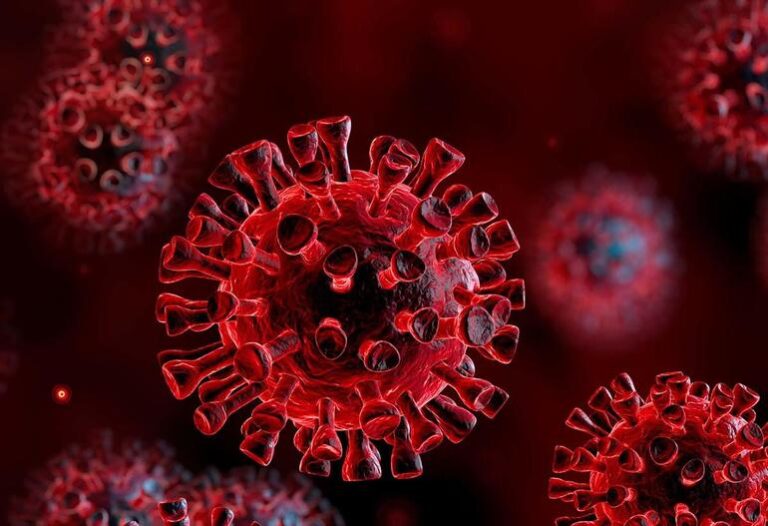
A coronavirus is a kind of common virus that causes an infection in your nose, sinuses, or upper throat. Most coronaviruses aren’t dangerous.
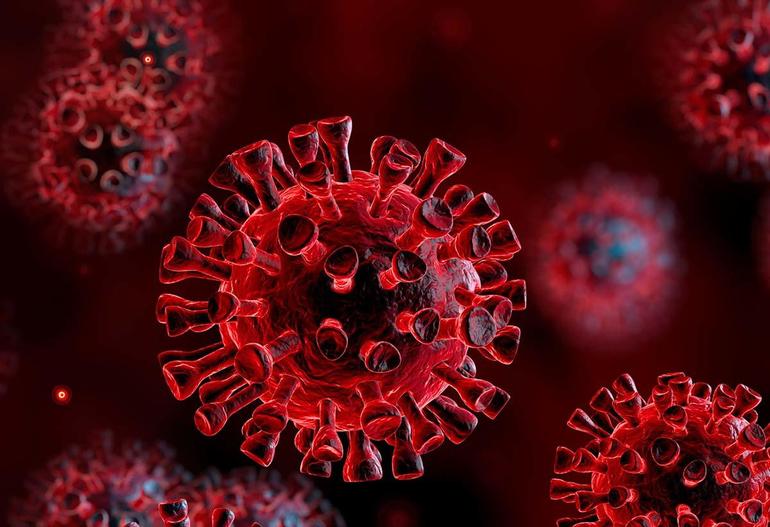
New York. Ed Hosseinipour , senior Clinical pharmacist.Coronaviruses were first identified in the 1960s, but we don’t know where they come from. They get their name from their crown-like shape. Sometimes, but not often, a coronavirus can infect both animals and humans.
Most coronaviruses spread the same way other cold-causing viruses do: through infected people coughing and sneezing, by touching an infected person’s hands or face, or by touching things such as doorknobs that infected people have touched.
Almost everyone gets a coronavirus infection at least once in their life, most likely as a young child. In the United States, coronaviruses are more common in the fall and winter, but anyone can come down with a coronavirus infection at any time.
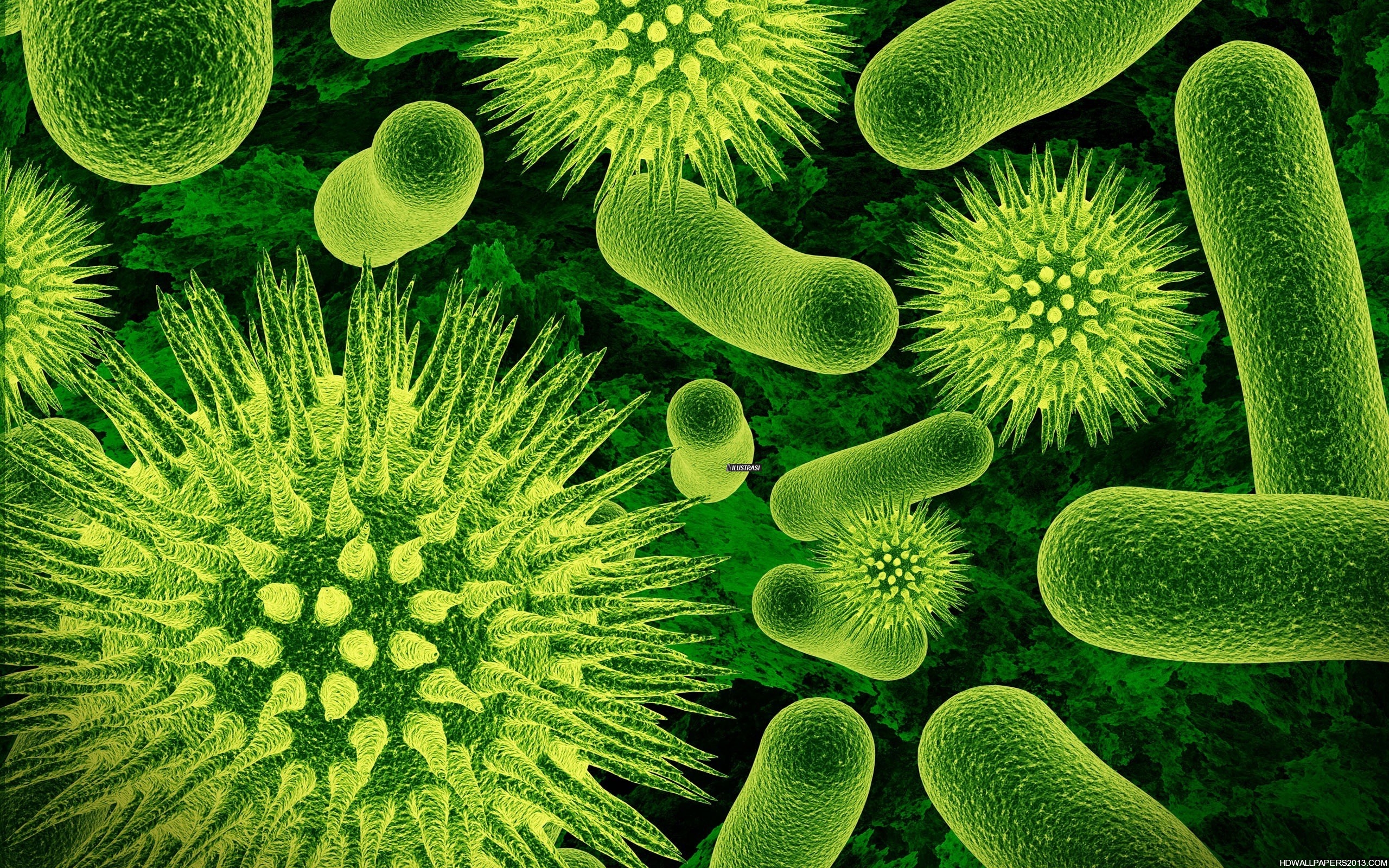
History of previous Major coronavirus outbreaks:
1.Middle East Respirat ory Syndrome (MERS). About 858 people have died from MERS, which first appeared in Saudi Arabia and then in other countries in the Middle East, Africa, Asia, and Europe.
In April 2014, the first American was hospitalized for MERS in Indiana and another case was reported in Florida. Both had just returned from Saudi Arabia. In May 2015, there was an outbreak of MERS in Korea, which was the largest outbreak outside of the Arabian Peninsula.

Severe Acute Respiratory Syndrome ( SARS): In 2003, 774 people died from an outbreak. As of 2015, there were no further reports of cases of SARS.
But In early 2020, after a December 2019 outbreak in China, the World Health Organization (WHO) identified a new type, 2019 novel coronavirus (2019-nCoV), which can be fatal. The organization named the disease it causes COVID-19.
The outbreak quickly moved from China around the world. It spreads the same way other coronaviruses do through person-to-person contact.
Infections range from mild to serious. The virus can turn deadly if it leads to pneumonia, respiratory failure, or septic shock. Those most at risk of death are the elderly and people with weakened immune systems.
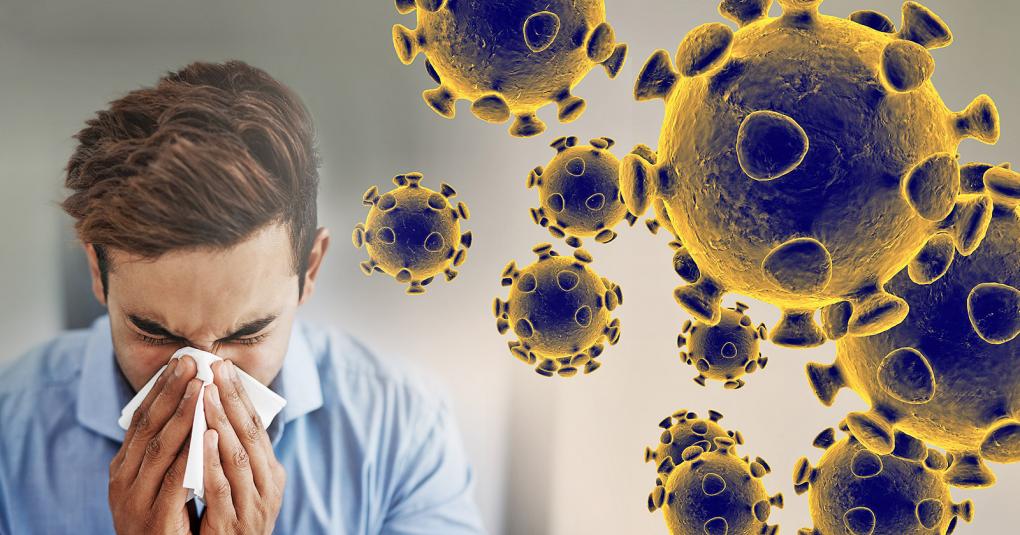
Common Symptoms of Coronavirus
The symptoms of most coronaviruses are similar to any other upper respiratory infection, including runny nose, coughing, sore throat, shortness of breath and sometimes a fever. In most cases, you won’t know whether you have a coronavirus or a different cold-causing virus, such as rhinovirus.
If a coronavirus infection spreads to the lower respiratory tract (your windpipe and your lungs), it can cause pneumonia, especially in older people, people with heart disease, or people with weakened immune systems.
How coronavirus Spreads. Current understanding about how the virus that causes coronavirus disease 2019 (COVID-19) spreads is largely based on what is known about similar coronaviruses.
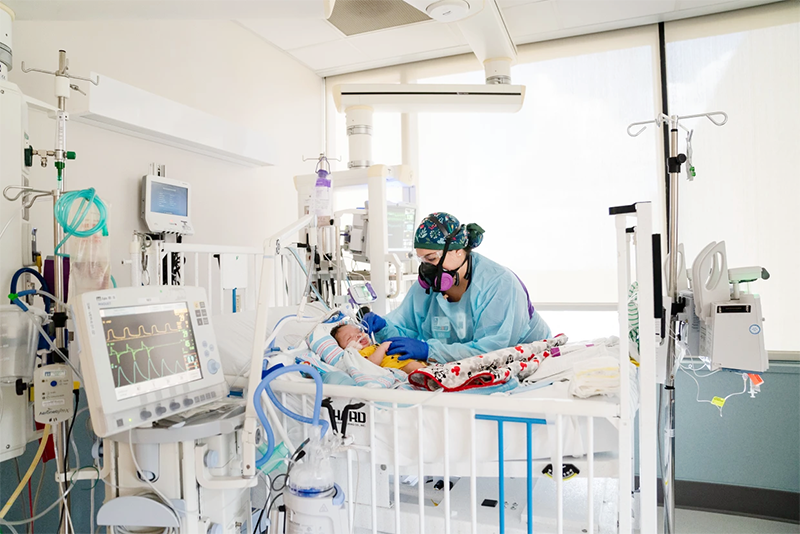
Person-to-person spread. The virus is thought to spread mainly from person-to-person.
- Between people who are in close contact with one another (within about 6 feet)
- Via respiratory droplets produced when an infected person coughs or sneezes.
- These droplets can land in the mouths or noses of people who are nearby or possibly be inhaled into the lungs.
Spread from contact with infected surfaces or objects
It may be possible that a person can get COVID-19 by touching a surface or object that has the virus on it and then touching their own mouth, nose, or possibly their eyes, but this is not thought to be the main way the virus spreads.

When does spread happen:
- People are thought to be most contagious when they are most symptomatic (the sickest).
- Some spread might be possible before people show symptoms; there have been reports of this with this new coronavirus, but this is not thought to be the main way the virus spreads.
Recent Diagnosis (Testing) :
CDC has developed a new laboratory test kit for use in testing patient specimens for severe acute respiratory syndrome coronavirus 2 (SARS-CoV-2), the virus that causes COVID-19. The test kit is called the “Centers for Disease Control and Prevention (CDC) 2019-Novel Coronavirus (2019-nCoV) Real-Time Reverse Transcriptase (RT)-PCR Diagnostic Panel.” It is intended for use with the Applied Biosystems 7500 Fast DX Real-Time
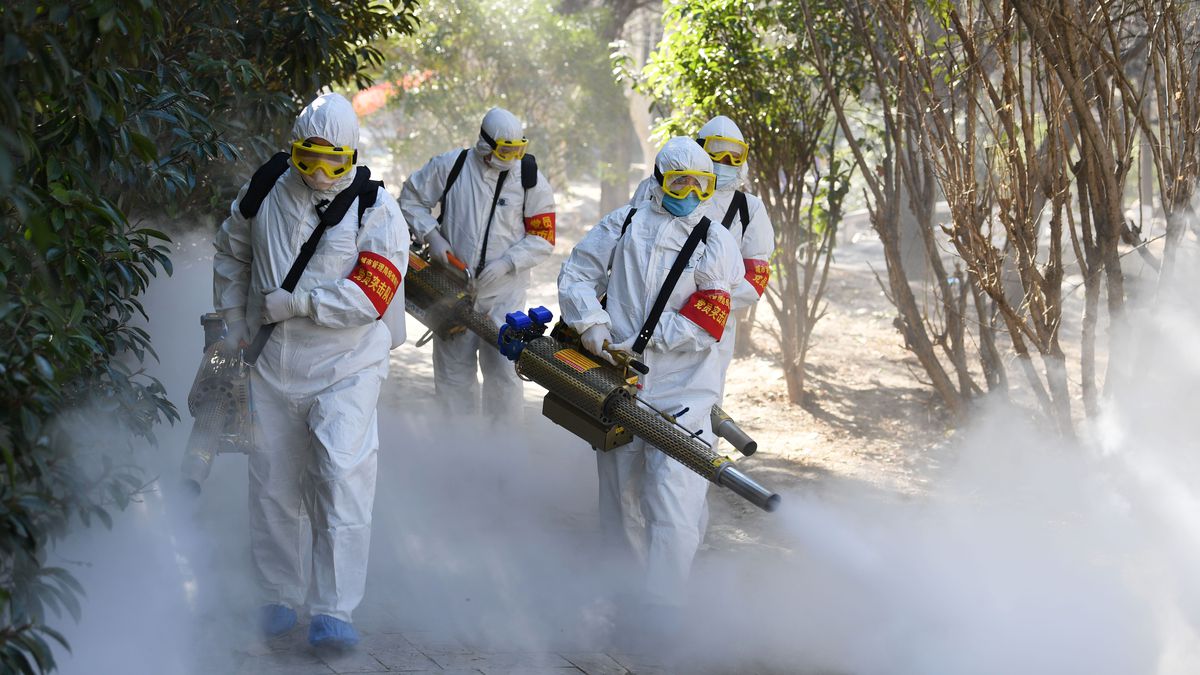
PCR Instrument with SDS 1.4 software. This test is intended for use with upper and lower respiratory specimens collected from persons who meet CDC criteria for COVID-19 testing.
Steps to help prevent the spread of COVID-19 if you are sick:
If you are sick with COVID-19 or suspect you are infected with the virus that causes COVID-19, follow the steps below to help prevent the disease from spreading to people in your home and community.
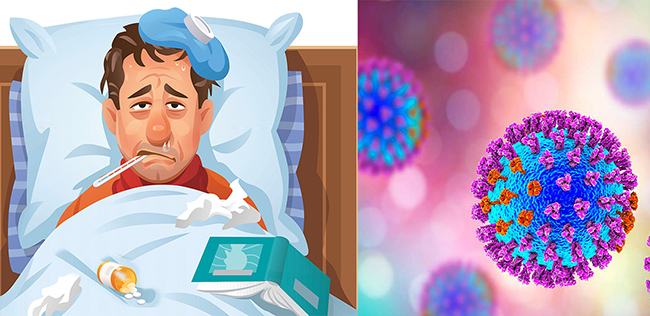
Cover your coughs and sneezes: Cover your mouth and nose with a tissue when you cough or sneeze. Throw used tissues in a lined trash can; immediately wash your hands with soap and water for at least 20 seconds or clean your hands with an alcohol-based hand sanitizer that contains 60 to 95% alcohol, covering all surfaces of your hands and rubbing them together until they feel dry. Soap and water should be used preferentially if hands are visibly dirty.
Clean your hands often :Wash your hands often with soap and water for at least 20 seconds or clean your hands with an alcohol-based hand sanitizer that contains 60 to 95% alcohol
Clean all “high-touch” surfaces everyday: High touch surfaces include counters, tabletops, doorknobs, bathroom fixtures, toilets, phones, keyboards, tablets, and bedside tables. Also, clean any surfaces that may have blood, stool, or body fluids on them.
- Stay home except to get medical care.
- Avoid using public transportation, ride-sharing, or taxis.
- Avoid touching your eyes, nose, and mouth with unwashed hands.
- Avoid sharing personal household items.
- Separate yourself from other people and animals in your home.
- Call ahead before visiting your doctor.
- Wear a facemask.
- Monitor your symptoms.
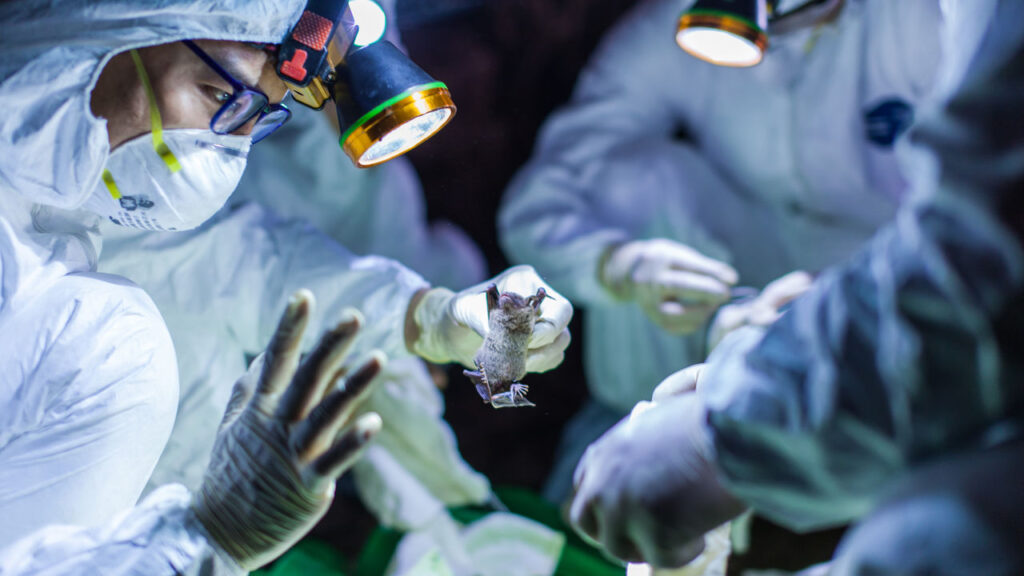
BARON SPECIALTY PHARMACY is ready to help all patients and community members with key consultation points regarding a virus outbreak or any other disease state as necessary. Feel free to contact us for a professional consultation session.[ENG]
